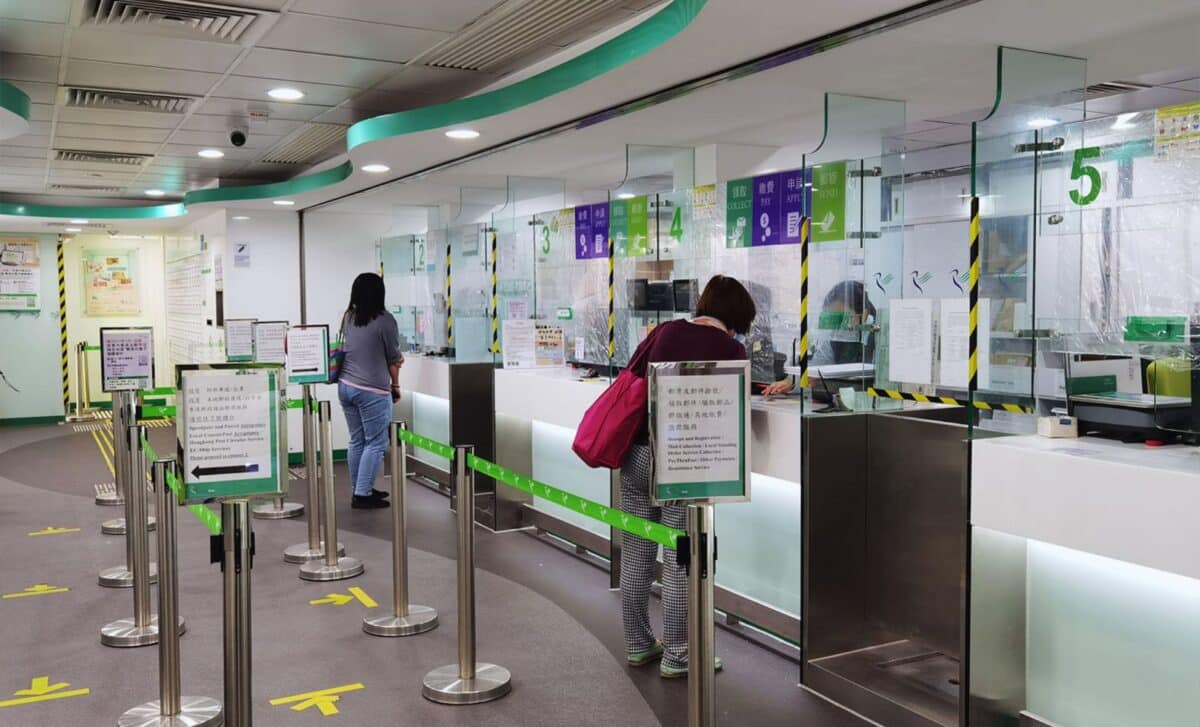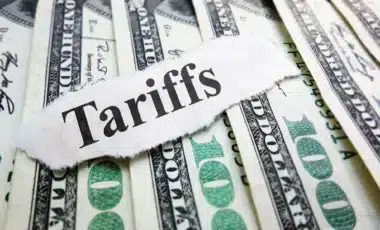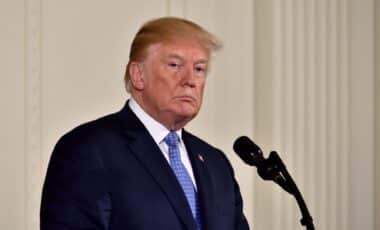Hong Kong has suspended the delivery of goods to the United States via its postal service, in response to Washington’s recent tariff hike on small packages. The move underscores growing tensions in the US-China trade war, with the Asian financial hub increasingly caught in the crossfire.
The decision follows US President Donald Trump’s order to close a customs loophole that previously allowed goods under $800 to enter the United States duty-free. As of May 2, these shipments, including those from Hong Kong, will be subject to tariffs as high as 145%, a shift that could significantly disrupt international supply chains.
Postal Freeze as Response to Tariff Policy Shift
According to Hongkong Post, the city’s official postal operator, it has ceased accepting surface mail containing goods destined for the United States and will suspend air mail services for such items from 27 April. The announcement was issued via the Hong Kong government’s website, which labelled the US tariffs as “unreasonable” and “bullying”.
The suspension follows President Trump’s directive to eliminate the de minimis exemption—previously allowing duty-free imports for items valued under $800—on shipments from China and Hong Kong.
These goods will now face steep import levies, rising to 145% by early May. According to CNN, Trump’s executive order also introduces a fixed charge of up to $200 per parcel by June. The decision impacts thousands of individuals and businesses that relied on Hongkong Post’s lower-cost shipping options to access the American market.
With postal services now limited to documents only, residents and merchants must shift to private couriers such as FedEx, DHL, and UPS—which are still accepting shipments but are expected to impose significantly higher rates.
Growing Tensions Draw Hong Kong Deeper Into Trade Dispute
Hong Kong’s role as a semi-autonomous free port has allowed it to operate under a distinct customs regime from mainland China. Yet recent developments show that its trade identity is increasingly entangled with Beijing’s.
The trade dispute intensified after China imposed a sweeping national security law on Hong Kong in 2020. In response, the Trump administration revoked the city’s special trade status under US law.
The resulting alignment in tariff treatment has led to heightened political rhetoric. According to reports, top Chinese officials have criticised Washington’s actions as economically punitive and politically motivated, accusing the US of “attacking the well-being of Chinese people”.
The United States was Hong Kong’s third-largest trading partner in 2023, with bilateral trade valued at $60.3 billion, according to Hong Kong government data. With postal routes now disrupted and costs rising, the trade corridor between the two economies faces renewed uncertainty.









